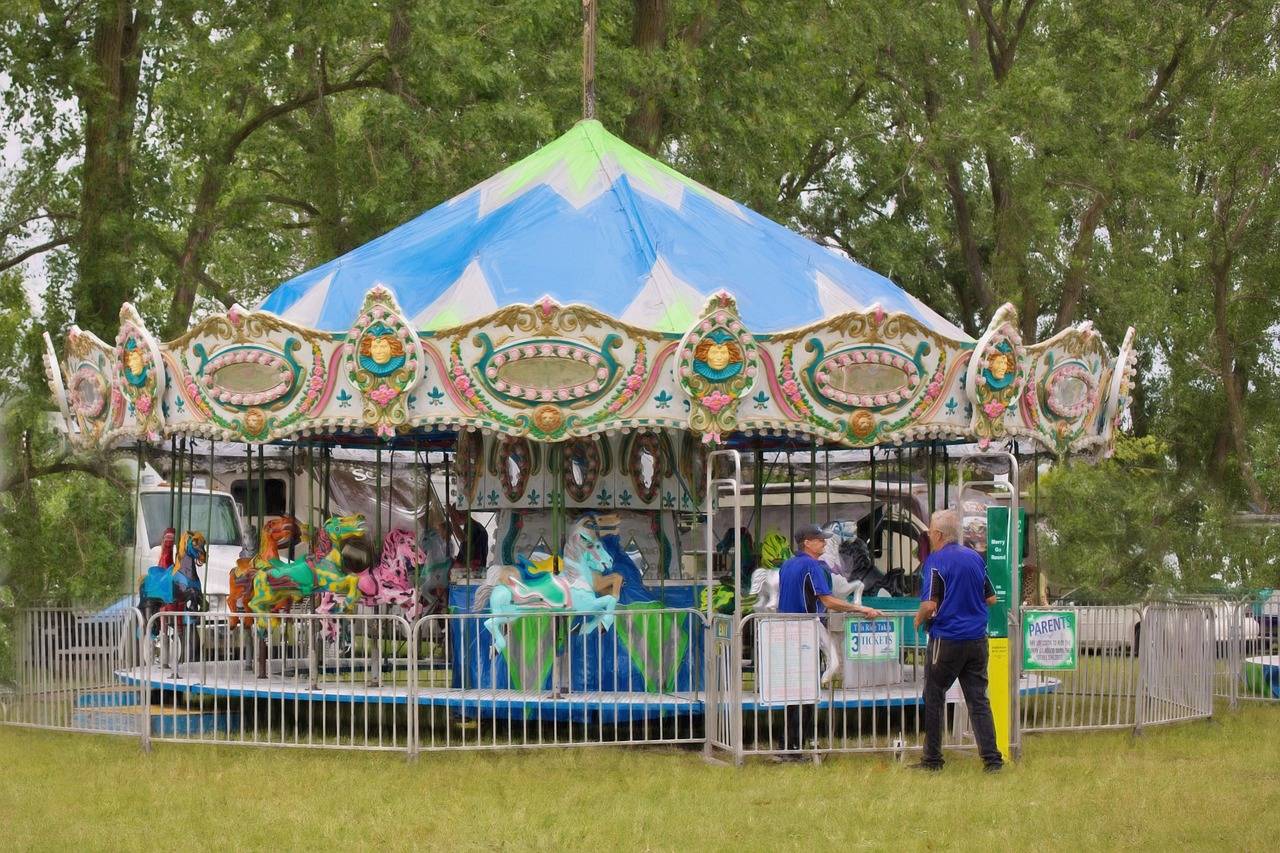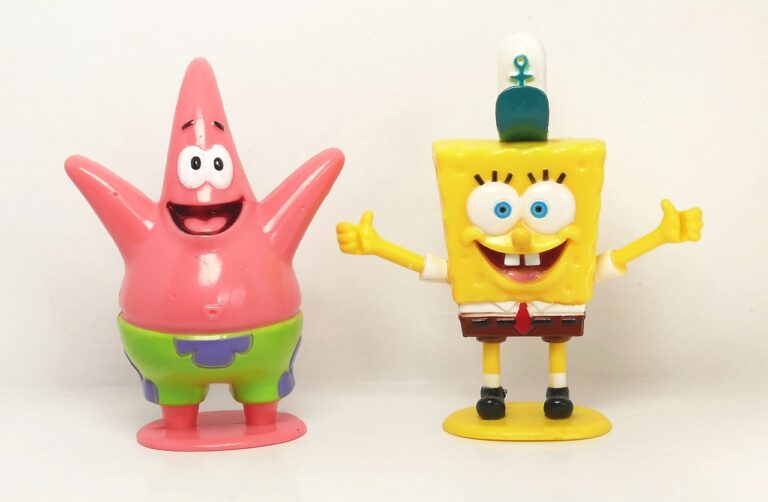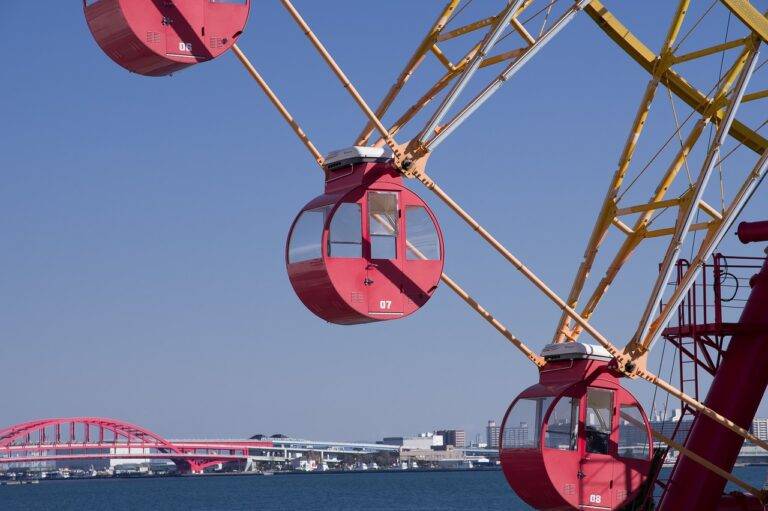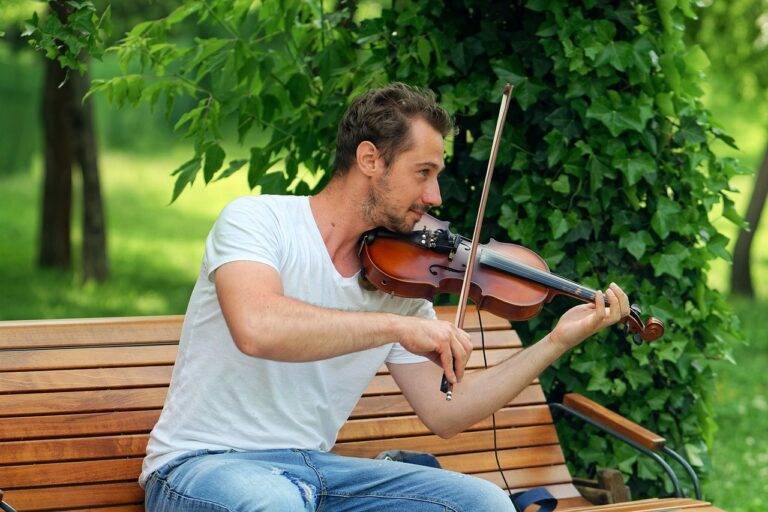Exploring the Influence of Cultural Traditions on Entertainment: Festivals, Rituals, and Celebrations
Entertainment is a universal language that brings people together and reflects the unique characteristics of each culture. From traditional dance performances to storytelling, each society showcases its rich heritage through various art forms. In some cultures, music and dance play a significant role in celebrations and ceremonies, acting as a way to pass down stories and traditions from generation to generation.
Moreover, theater and drama have long been prominent in many cultures as a form of entertainment that educates, entertains, and transcends language barriers. Whether it’s traditional kabuki theatre in Japan or intricate shadow puppetry in Indonesia, these performances offer a glimpse into the history and values of a society. Through these cultural traditions in entertainment, people not only find joy and amusement but also gain a deeper appreciation for the artistic expressions of different communities around the world.
Festivals Around the World
Festivals are vibrant celebrations that bring communities together in joyous revelry. These events showcase the unique cultural heritage of different regions, from extravagant parades to traditional dances and music performances. It is a time for people to come together, strengthen bonds, and honor their shared history and traditions.
Throughout the world, festivals play a vital role in preserving cultural identity and passing down age-old customs to younger generations. From Chinese New Year in Asia to Carnival in Brazil and Oktoberfest in Germany, each festival is a colorful tapestry of rituals and entertainment that reflect the heart and soul of a community. These celebrations are not just a form of amusement, but a way to honor the past, celebrate the present, and look towards the future with hope and unity.
Rituals and Entertainment
Celebrations and rituals have long been intertwined with entertainment across diverse cultures worldwide. These practices not only serve as a means of preserving traditions but also as a source of joy and connection within communities. From vibrant dances to elaborate performances, rituals often showcase the rich cultural heritage of a particular group.
In some cultures, entertainment serves as a central component of religious rituals, blurring the line between the sacred and the secular. Through music, dance, and theatrical displays, communities come together to honor their beliefs and commemorate significant events. These rituals provide a space for individuals to express their spirituality and connect with their cultural roots in a celebratory and engaging manner.
• In many cultures, celebrations and rituals are a way to preserve traditions
• Rituals often showcase the rich cultural heritage of a particular group
• Entertainment plays a central role in religious rituals in some cultures
• Music, dance, and theatrical displays are common components of these rituals
• Communities come together through rituals to honor their beliefs and commemorate significant events
What role do cultural traditions play in entertainment?
Cultural traditions often serve as the foundation for various forms of entertainment, influencing everything from music and dance to storytelling and celebrations.
What are some popular festivals celebrated around the world?
Some popular festivals celebrated around the world include Carnival in Brazil, Diwali in India, Oktoberfest in Germany, and the Day of the Dead in Mexico.
How do rituals tie into entertainment?
Rituals can often be incorporated into entertainment as a way to honor cultural practices and beliefs, creating a sense of tradition and community among participants.
Why are festivals important for preserving cultural heritage?
Festivals provide a platform for showcasing cultural traditions, passing them down to future generations, and keeping them alive in a modern world.
How do rituals and entertainment intersect in various cultures?
In many cultures, rituals are an integral part of entertainment, whether it’s through ceremonial dances, music performances, theatrical reenactments, or other forms of artistic expression.





